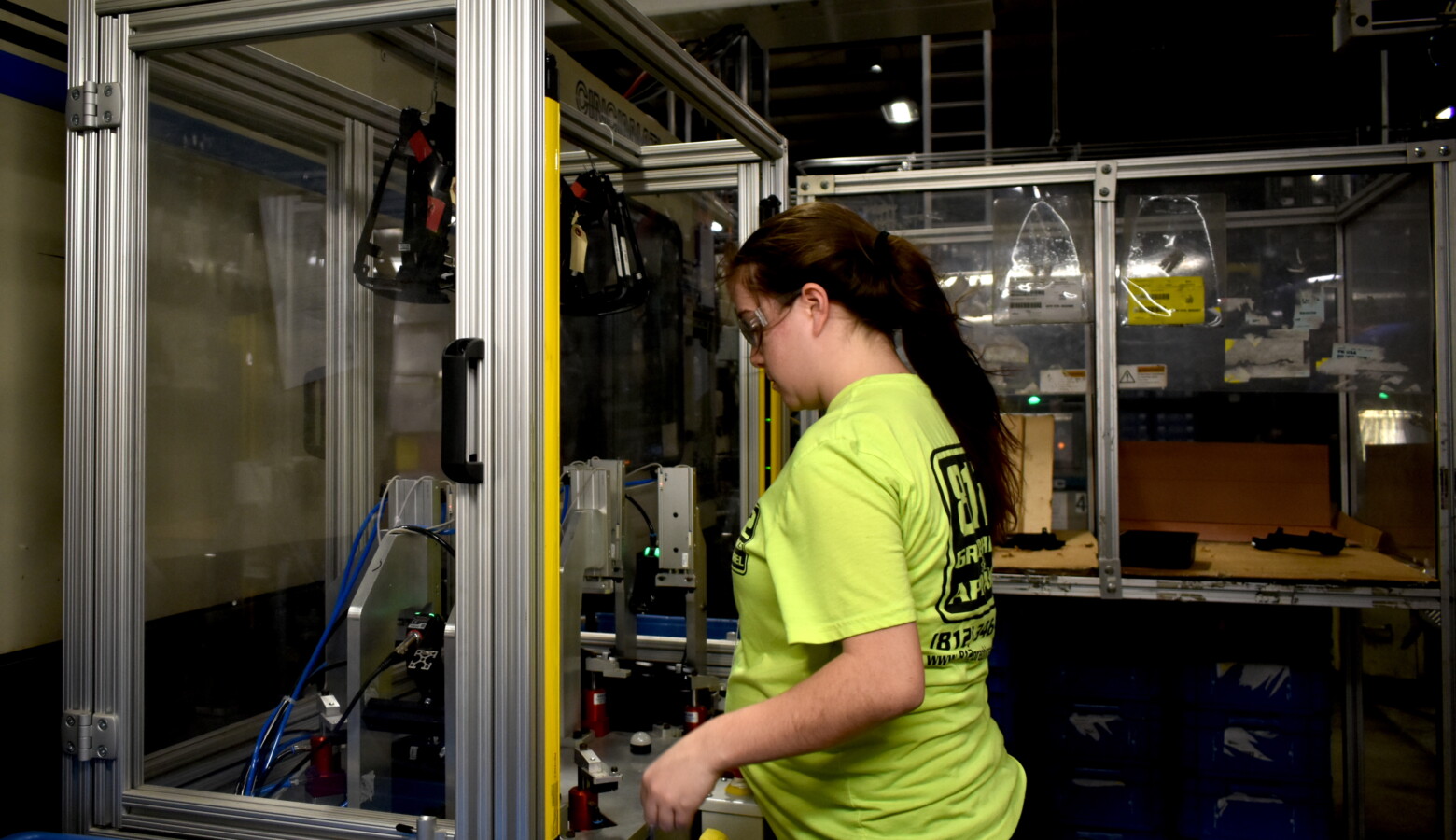Study Finds Pandemic Exacerbated Indiana’s Preexisting Economic Issues

Only 42 percent of Hoosiers have what is considered a good paying job according to a new report released Wednesday by the Brookings Institution. It details issues facing Indiana’s economy and what can be done to improve conditions.
The report defines a “good job” as one that covers local cost of living for an individual with or without one dependent plus employer health insurance. In Indiana the average for a job to be considered “good” is an annual salary of $36,900.
Nationally, 39 percent of workers are in “good jobs.” Indiana’s rate is higher, but would need to increase by about 10 percentage points to be competitive with some of the leading states.
The demographics of who has a “good job” shows disparities between many groups. Only about a third of Hoosier women in the state are in a “good job” compared to just more than half of men.
Brookings report co-author Robert Maxim said a big part of the discrepancy is the industries that men and women traditionally work in.
“Men tend to be over concentrated in manufacturing jobs,” Maxim said. “Women tend to be over concentrated in, in particular, administrative and personal care jobs. Those tend to have some of the lowest rates of ‘good job’ concentration of really any set of occupations in the state.”
Maxim said teaching has been considered a good paying job for women, but the pandemic has led to education layoffs and uncertainty about state and federal funding.
He said similar inequalities in who has a “good job” can also be seen by race.
“Fewer than 30 percent of Black workers and actually only a quarter of Latino or Hispanic workers are in a ‘good job.’ And so again, you see, as with other areas of American society, these inequalities, economically and in the ability to access good quality employment,” said Maxim.
The report also highlighted how the pandemic has disproportionately hit regions of Indiana where some areas were still recovering from the previous recession.
Indiana is the most manufacturing-intensive state in the country, and the study said the state lost more than 72,000 manufacturing jobs in the 2000-2001 and 2007-2009 recessions.
Brookings senior fellow and co-author Mark Muro said Indiana is in good shape compared to other states to recover from the pandemic, but more needs to be done to address the longer-standing issues.
“Even though employment growth has been fairly good in the state, it did take, you know, fully 15 years to recover from the 2000 recession, and in some parts of the state, you know, employment hasn’t been fully recovered,” said Muro.
He said the report includes interactive data to allow people to see how specific regions of the state are doing. It also shows the leading issues for that area and potential solutions.
“There’s common issues, but there’s a lot of variation between the regions of the state and we think that that’s really important first, to give each region data, and to work on and to use their own problem-solving,” said Muro. “I noticed that the state itself has a new initiative focused on regional development, and we think that it’s increasingly the way problems are solved in regions – with a degree of local discretion and bottom-up problem-solving.”
The Central Indiana Corporate Partnership (CICP) sponsored the Brookings report. CICP also provides funding for Indiana Public Broadcasting News.
Contact reporter Samantha at shorton@wfyi.org or follow her on Twitter at @SamHorton5.

